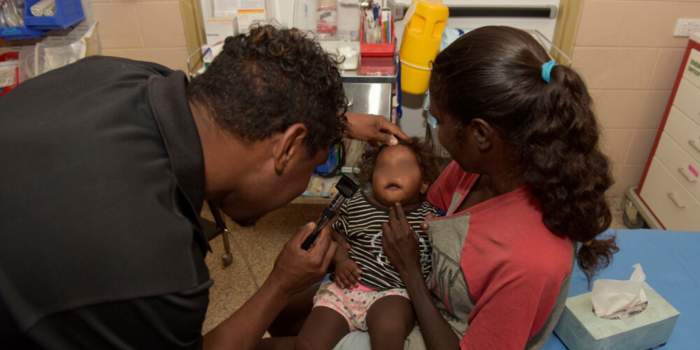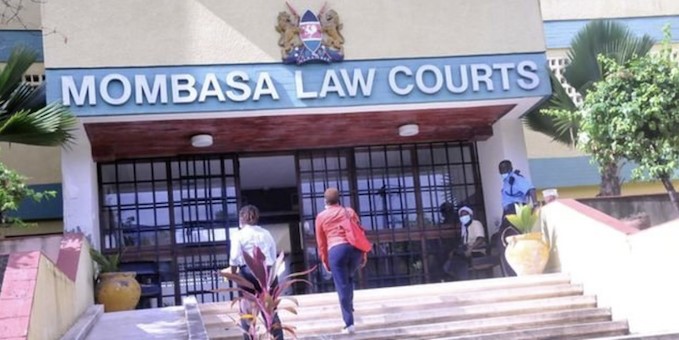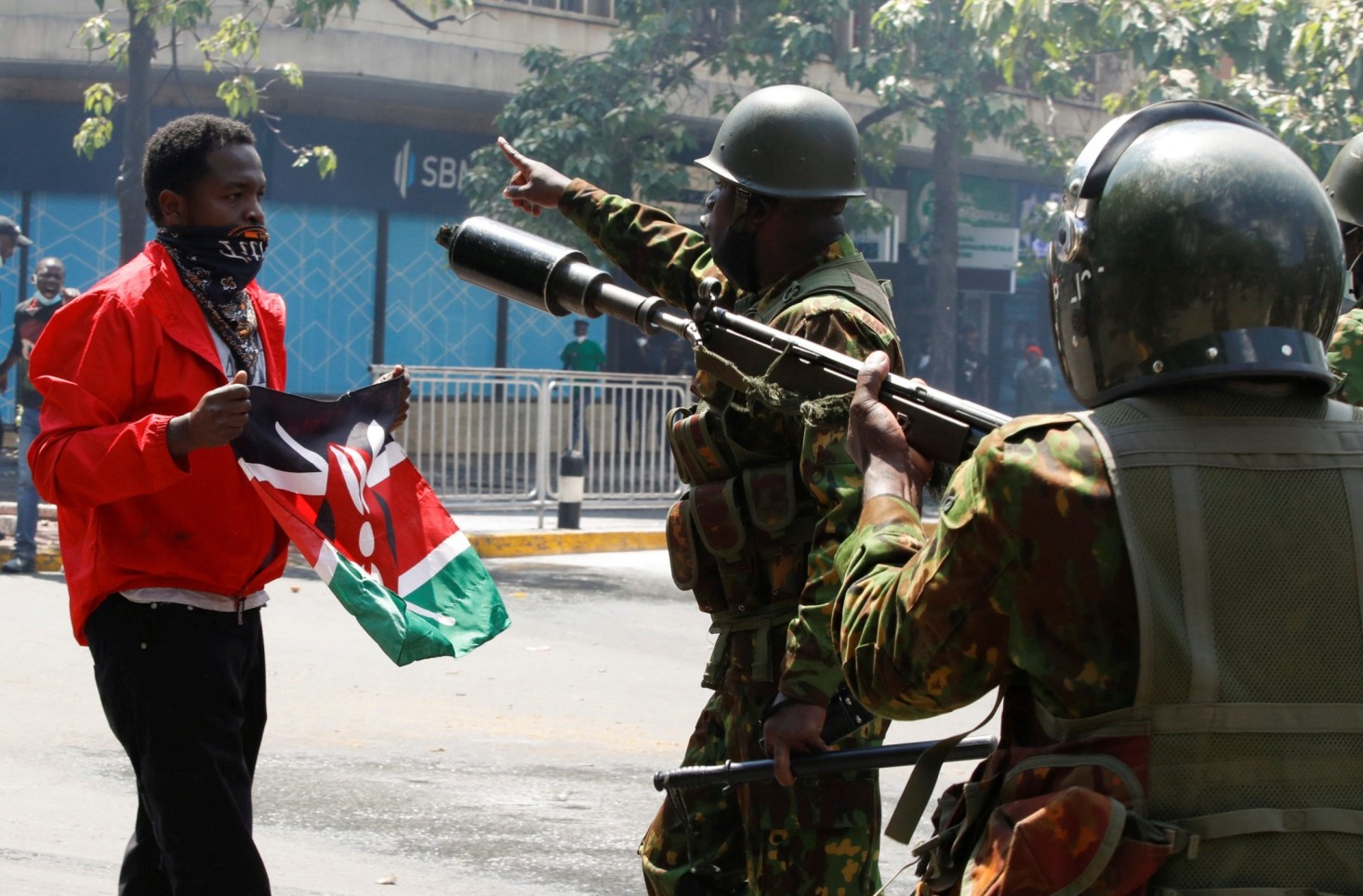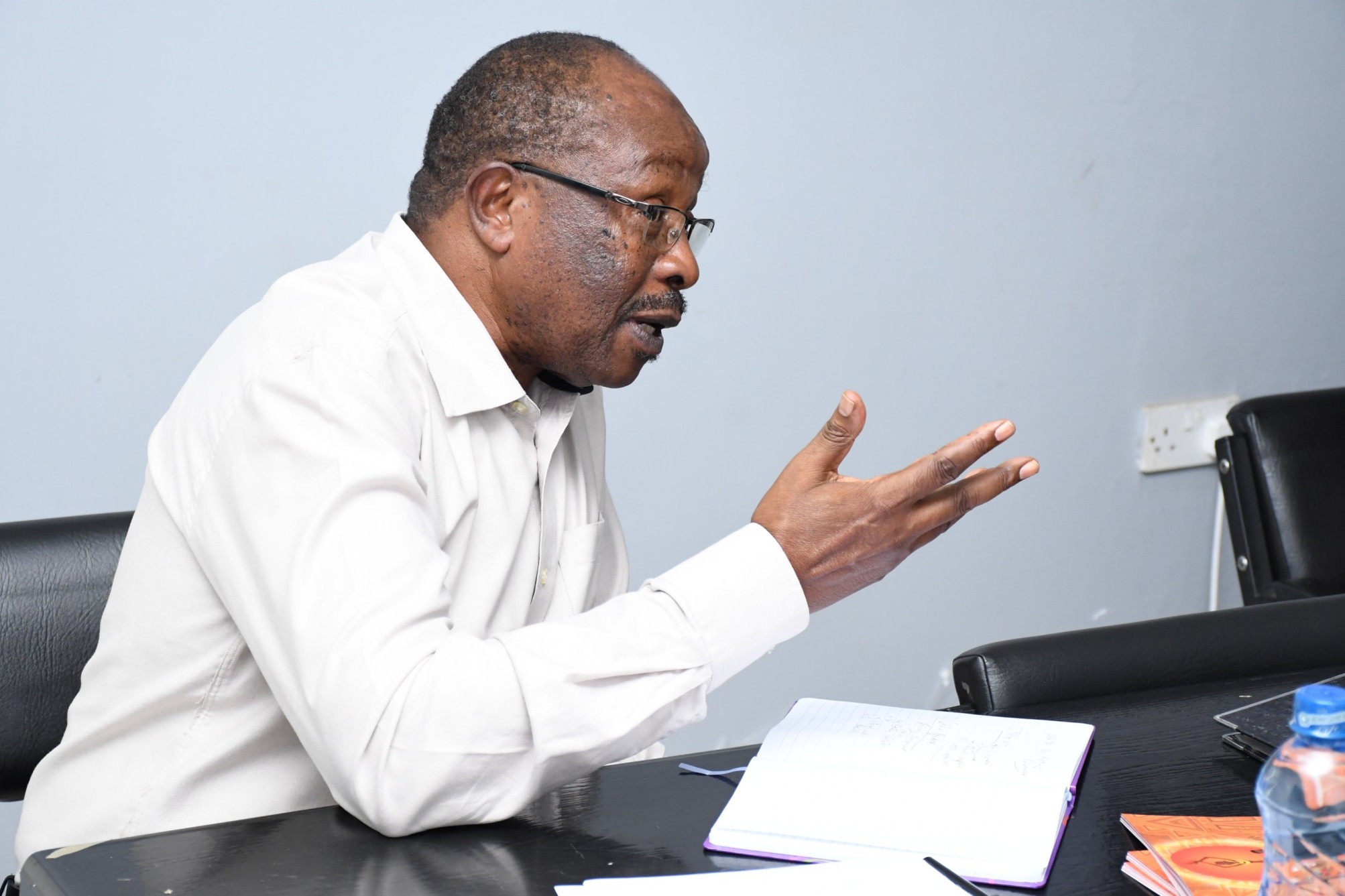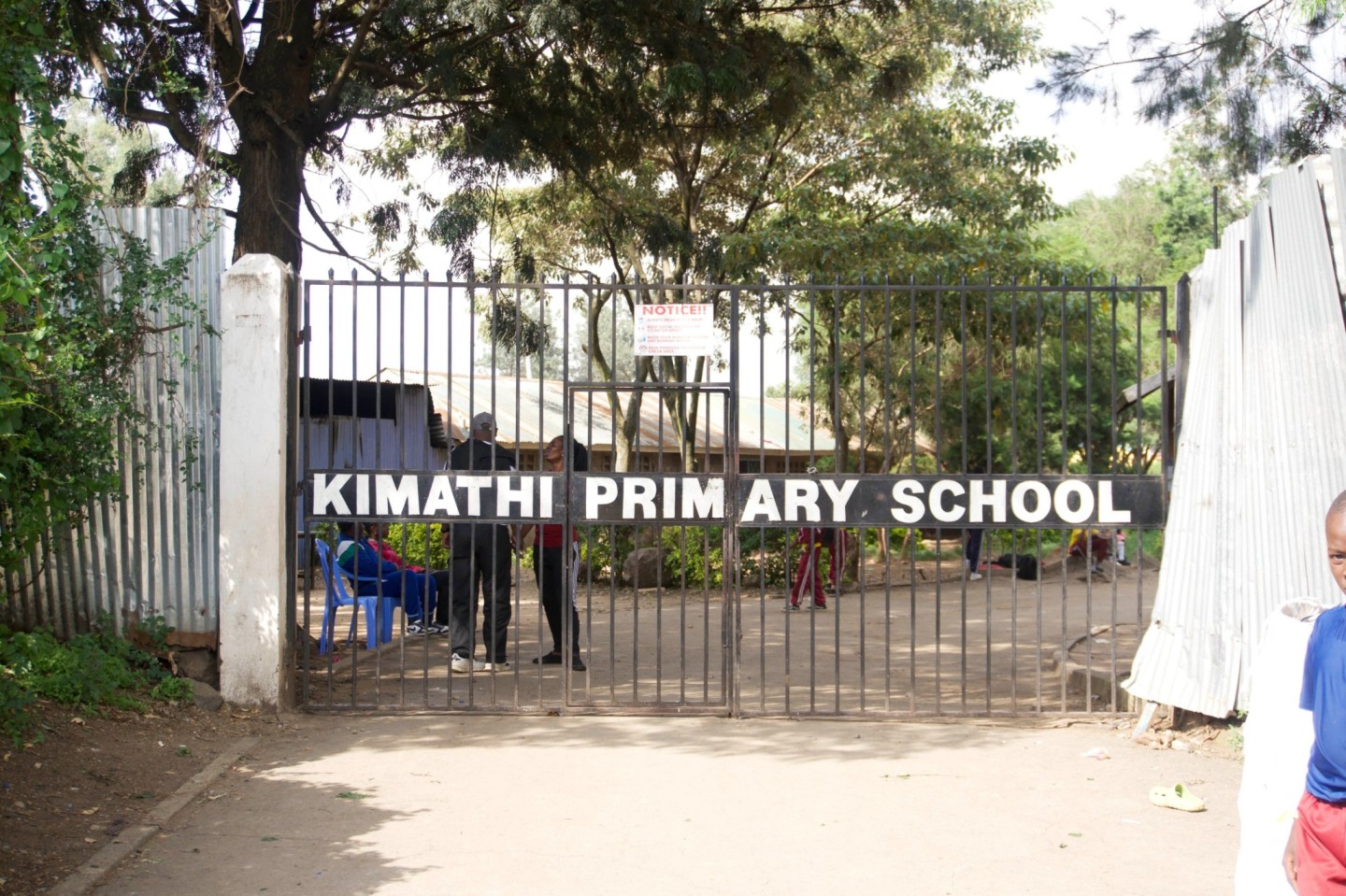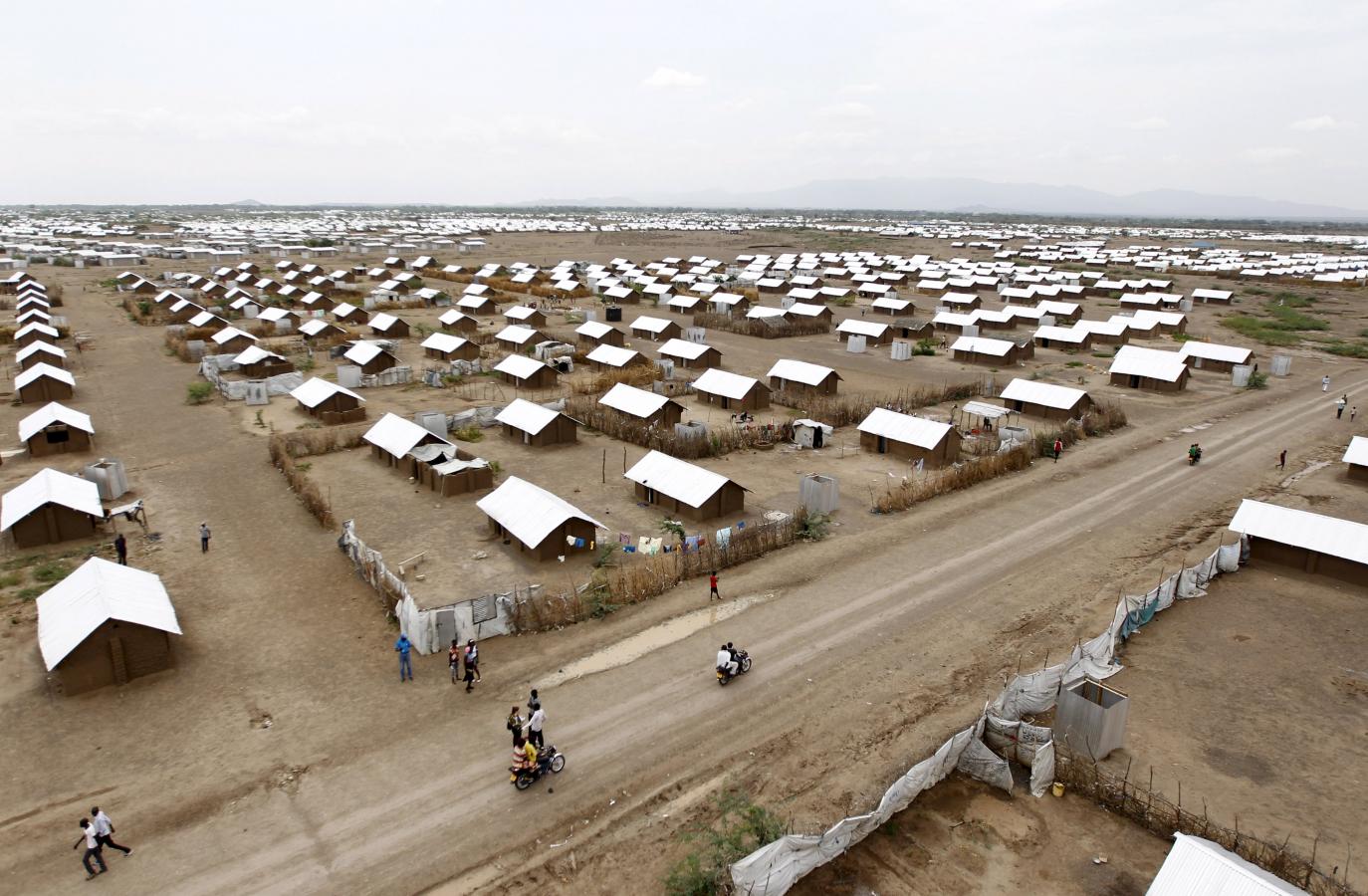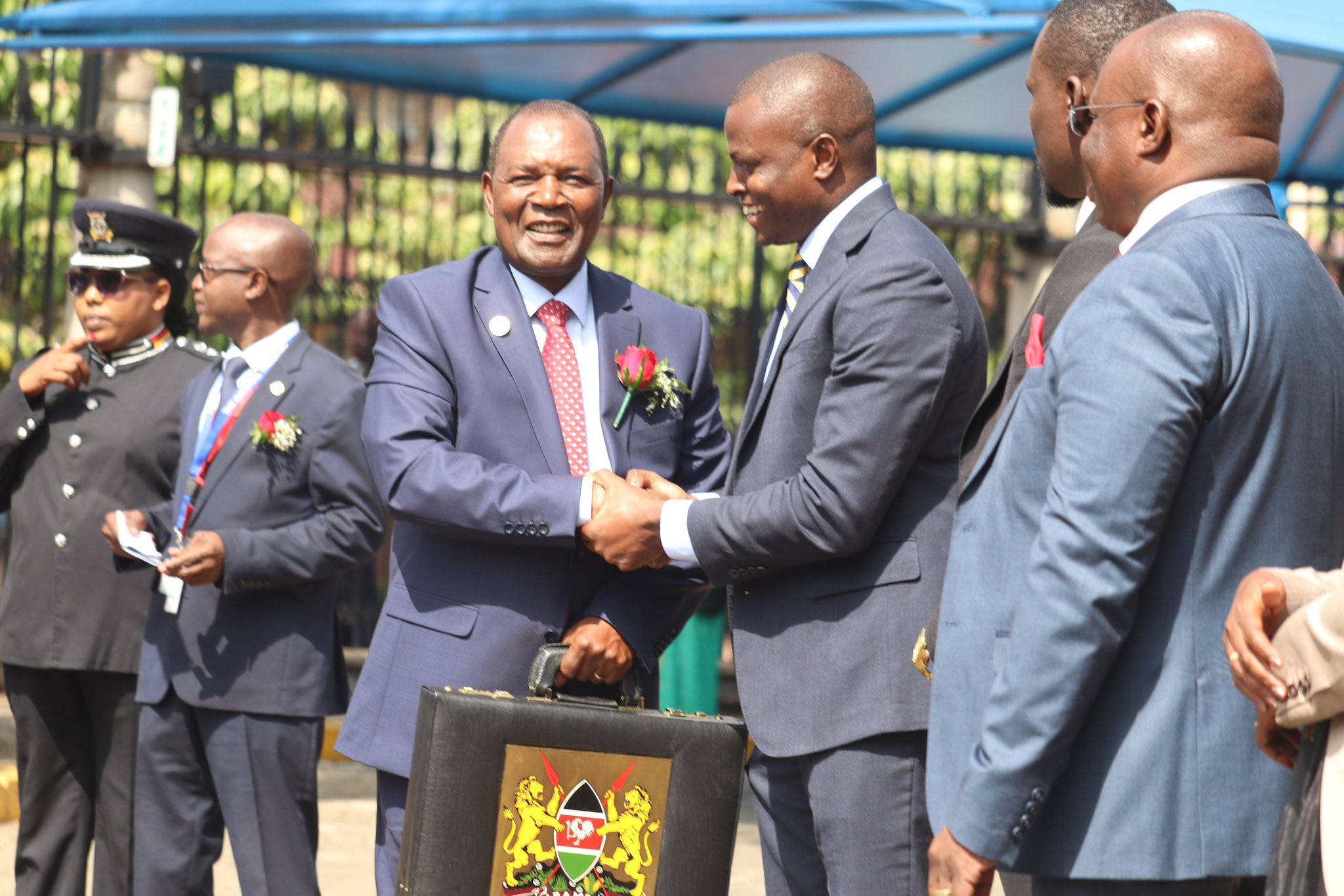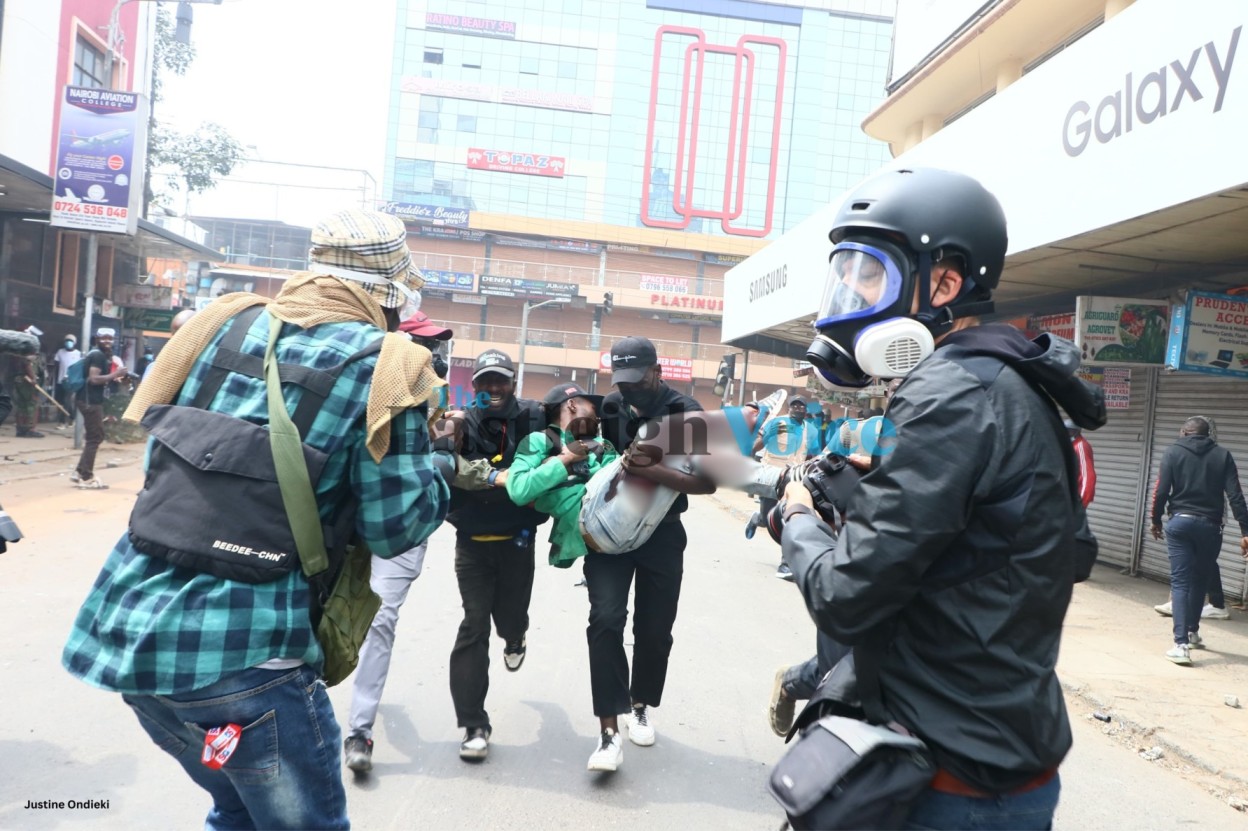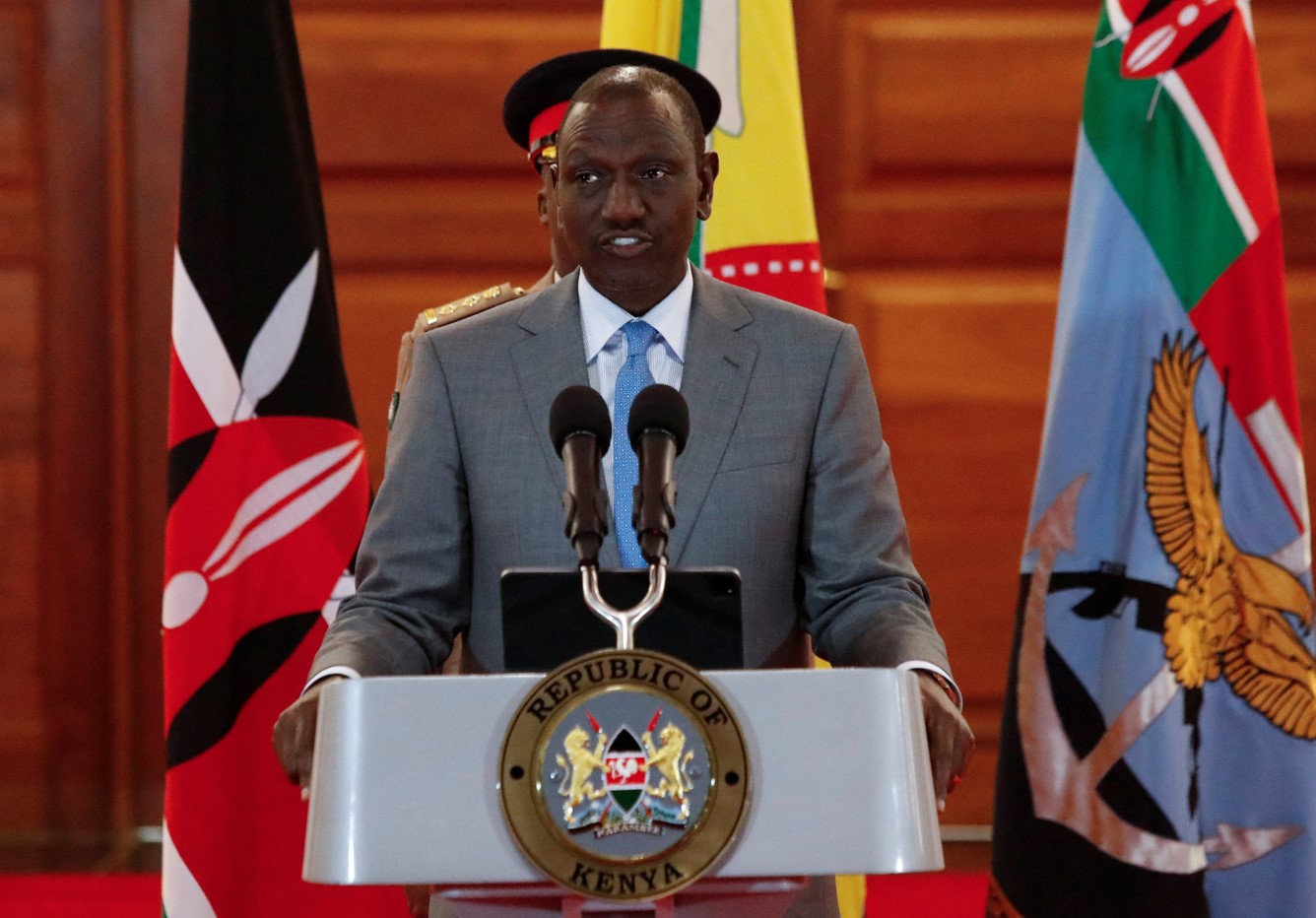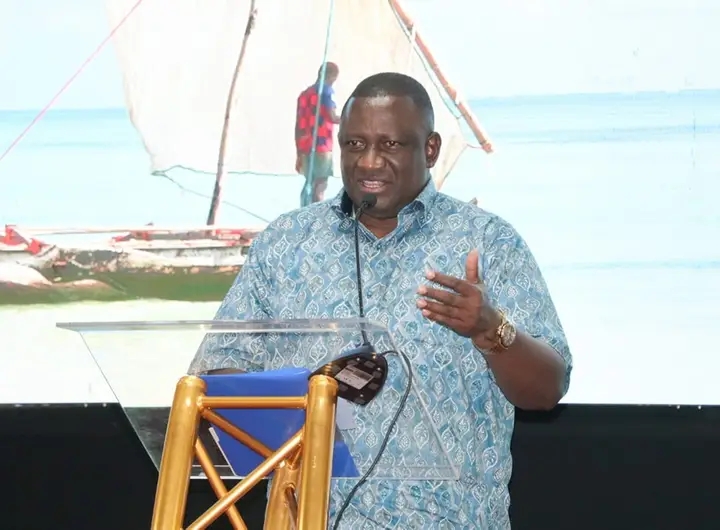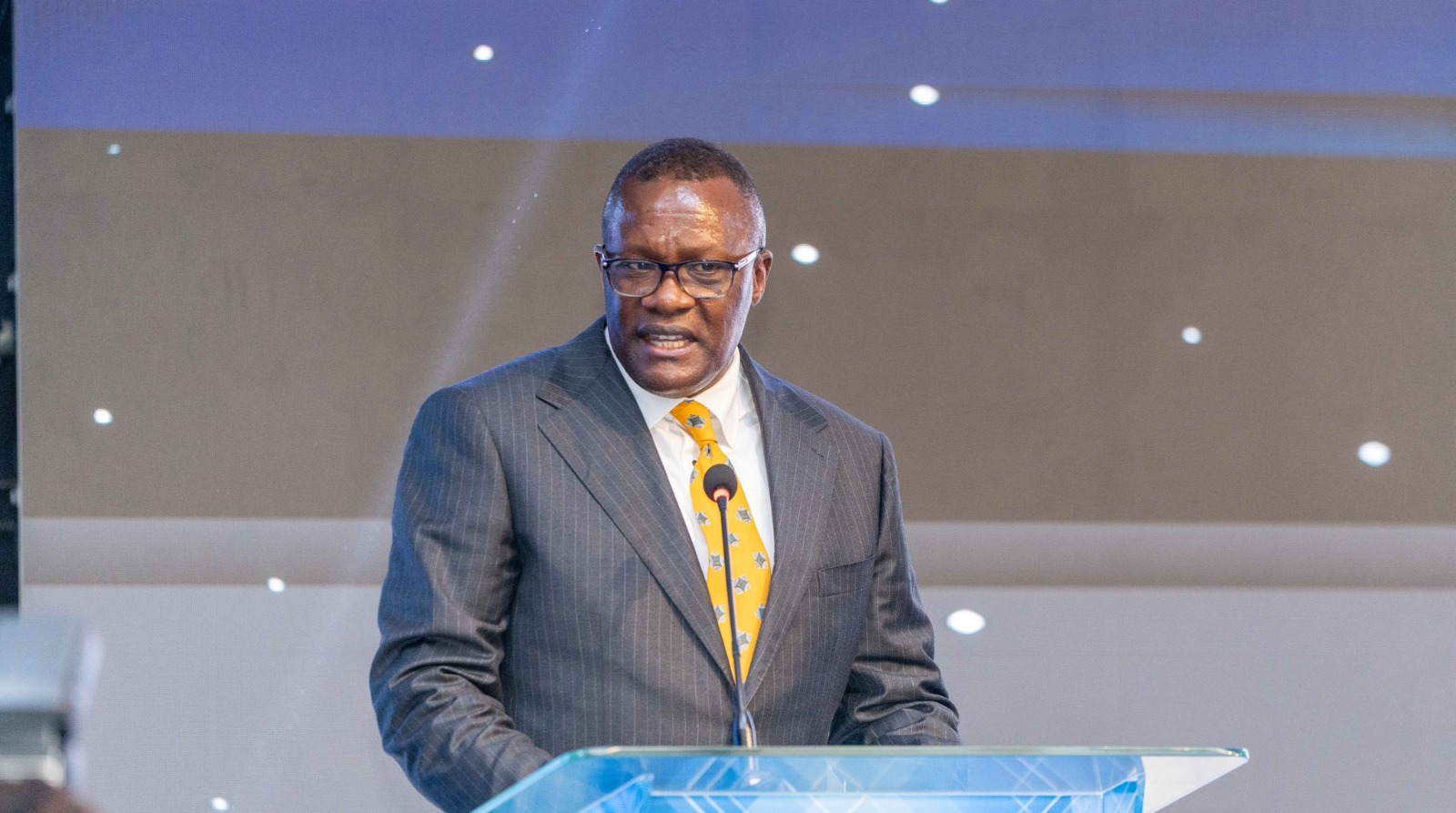Amnesty calls for immediate end to emergency law in Ethiopia
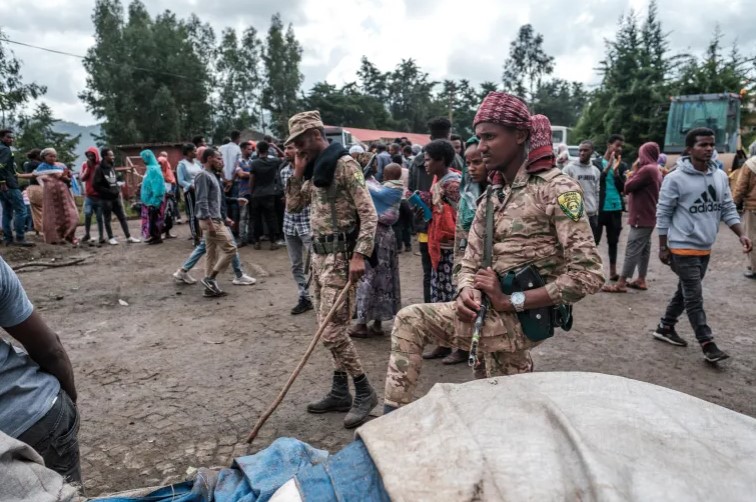
By Amina Wako |
Under the state of emergency, authorities have arrested and are holding five politicians and three journalists without charges.
Ethiopian authorities have come under scrutiny for employing the state of emergency to suppress peaceful dissent and arbitrarily detaining politicians critical of the government and journalists, according to Amnesty International.
The organisation urged the Ethiopian government to halt the use of emergency laws as a pretext to curtail fundamental rights.
Keep reading
On February 2, 2024, the House of People's Representatives extended the state of emergency, which was initially enforced in August 2023 amid escalating violence in the Amhara region.
During the last six months, authorities have wielded expansive powers under the state of emergency, allowing for the arrest of suspects without a court warrant, the imposition of curfews, the restriction of freedom of movement, and the prohibition of public assemblies or associations.
Amnesty International's Regional Director for East and Southern Africa, Tigere Chagutah, emphasised the need for change, stating, "The Ethiopian government must stop resorting to old tactics of denying basic rights under the pretext of emergency laws. Ethiopians face another armed conflict in the Amhara region, a serious humanitarian crisis in Tigray, a dire security situation in Oromia, and pervasive impunity nationwide. The role of the media and the right to freedom of expression are as vital as ever."
"Lack of transparency"
Concerns have been raised about the lack of transparency surrounding the extension of the state of emergency proclamation.
"This lack of transparency violates the right of access to information and the principle of legality, as Ethiopians are not able to determine whether their conduct amounts to a breach of the law or whether the law continues to apply nationwide," Tigere said.
Under the state of emergency, authorities have arrested and are holding five politicians and three journalists without charge, as reported by Amnesty International.
The detained individuals include prominent figures such as Christian Tadele, Kassa Teshager, Yohannes Boyalew, Taye Denda, and Desalegn Chane.
The detainees' families revealed that they remain in police custody without access to legal representation.
"Since the declaration of the state of emergency in August 2023, Ethiopian media has reported mass arrests in the capital Addis Ababa and the Amhara region," Tigere said.
On February 6, 2024, Prime Minister Abiy Ahmed informed the House of People's Representatives that thousands had been detained, with many receiving "education" and hundreds still in custody.
Tigere urged Ethiopian authorities to "uphold the country’s national laws and international human rights obligations by either pressing charges or releasing everyone detained under the state of emergency, including high-profile politicians and journalists."
There have also been reports of the authorities limiting access to information by imposing an internet ban and sporadic communication blackouts in the Amhara region.
Amnesty International is also investigating reports of extrajudicial executions of civilians by Ethiopian National Defence Forces in the same region.





